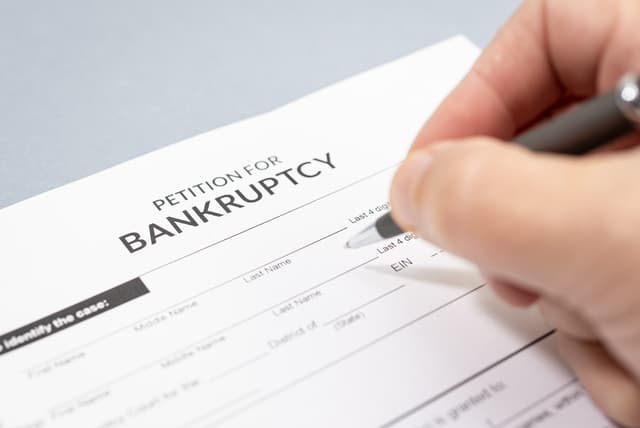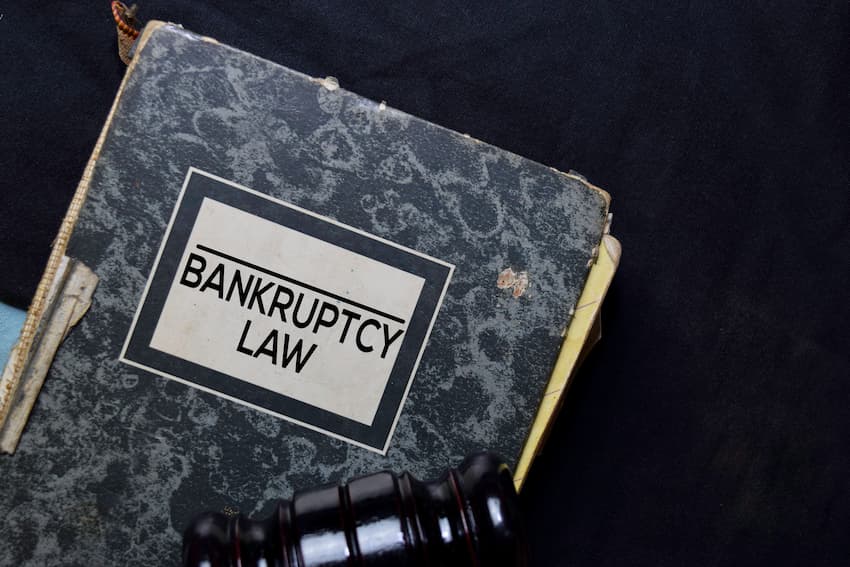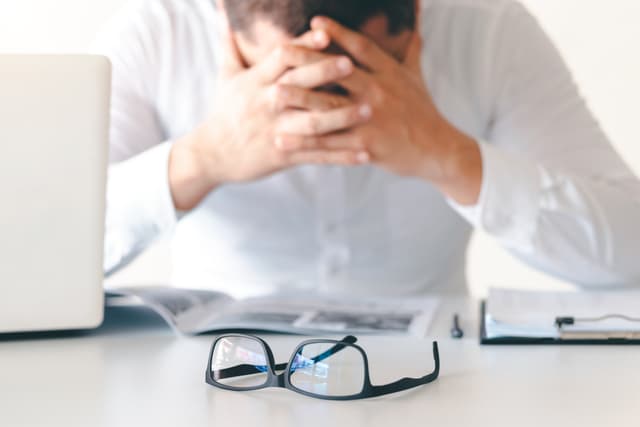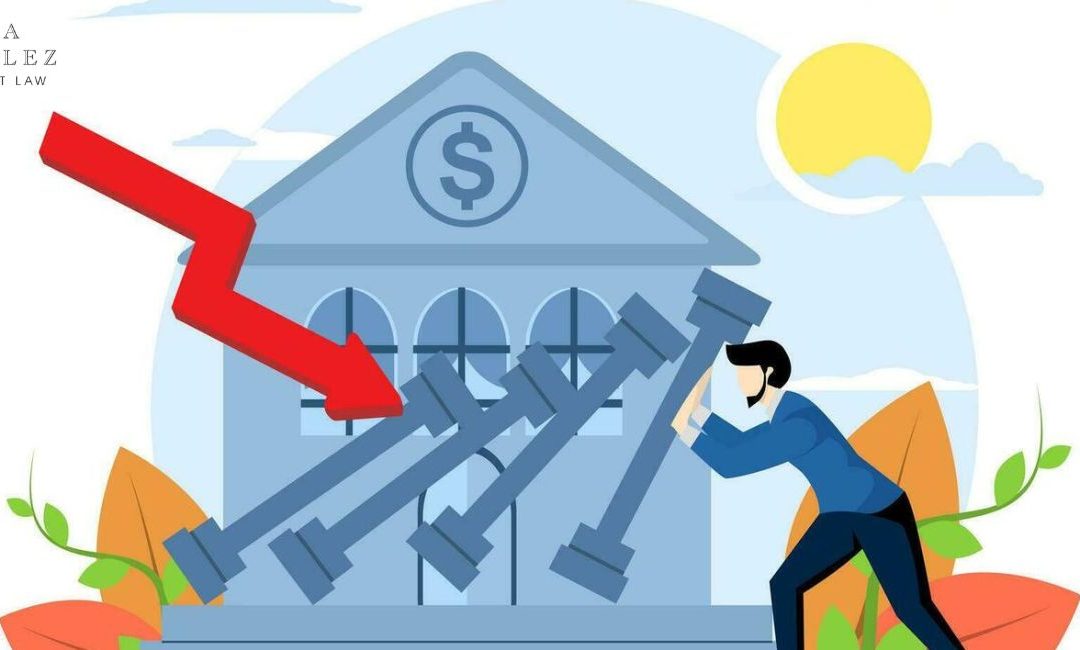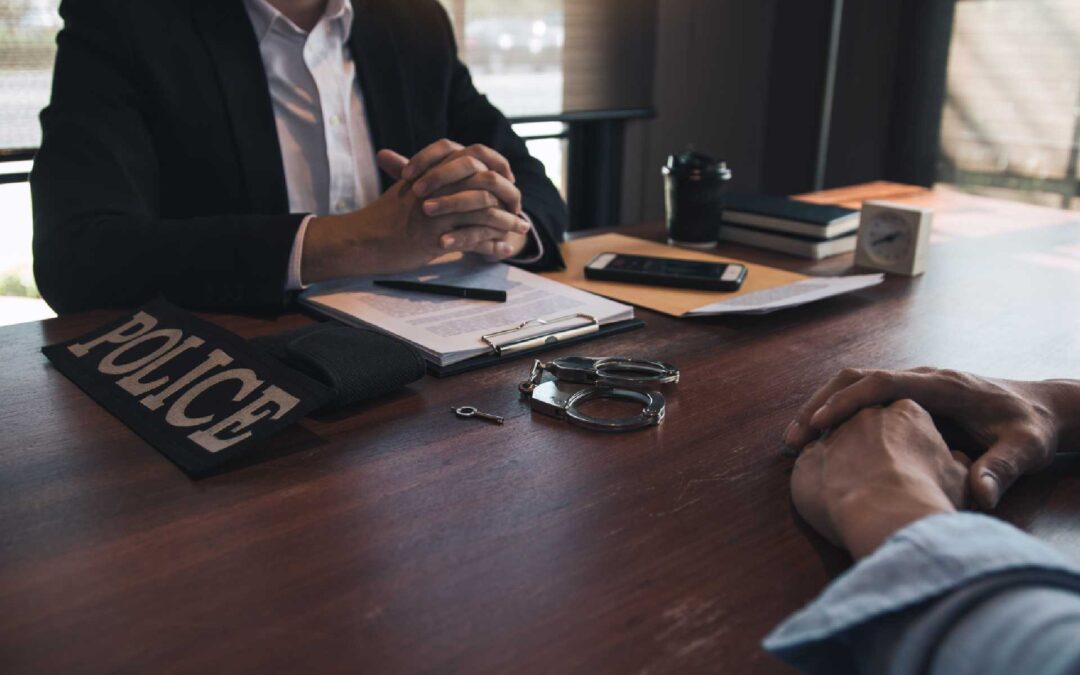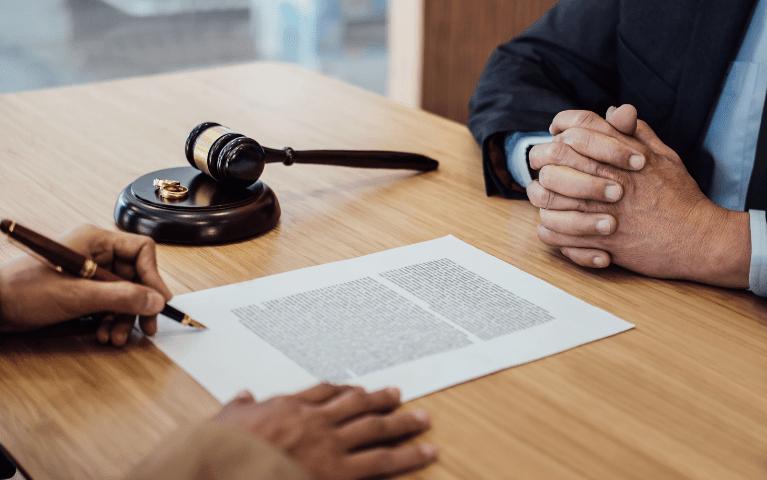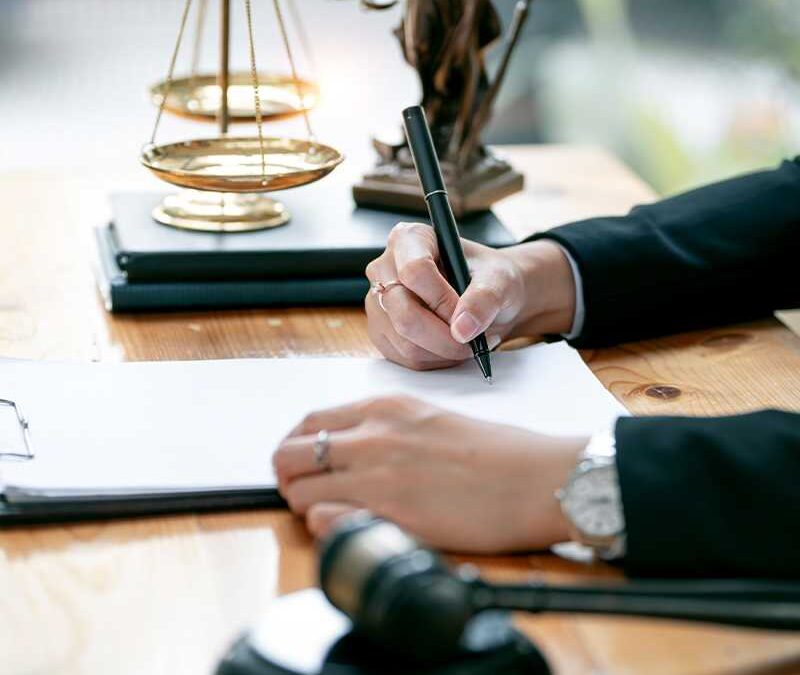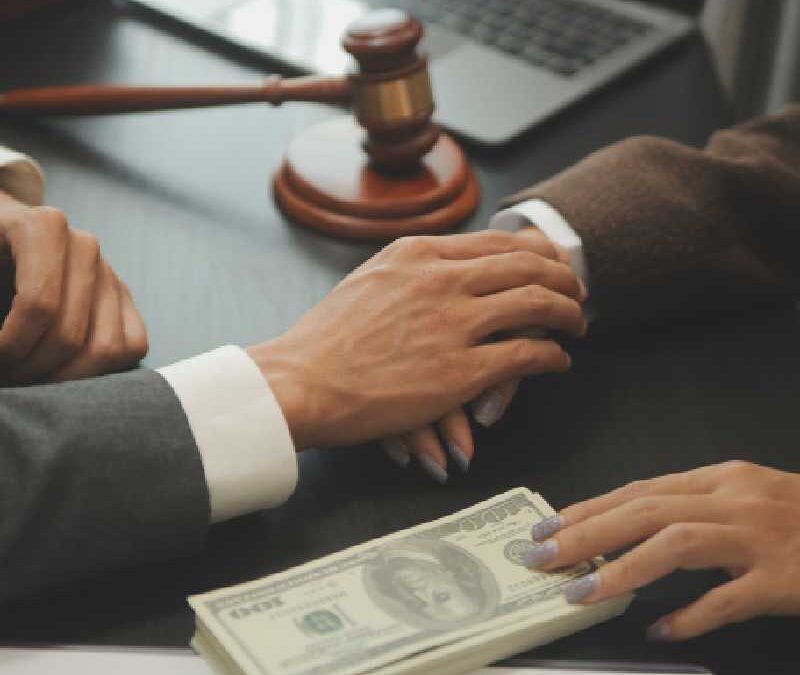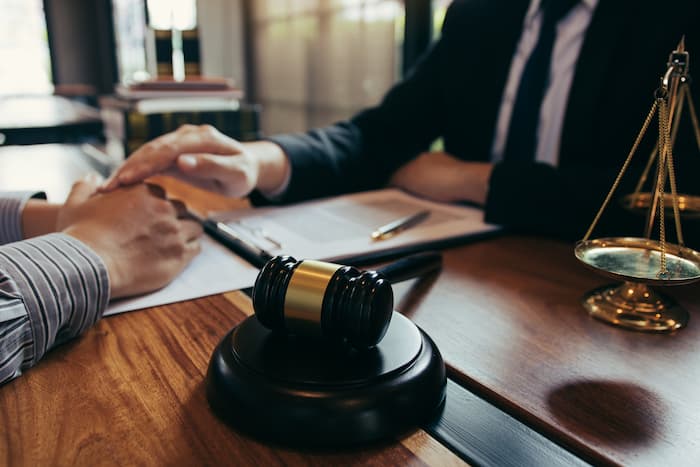How to Start Again and Rebuild Your Credit After Bankruptcy
Filing bankruptcy is always a difficult decision, both emotionally and due to the complexity of the legal process that follows. Today’s economy is quite unstable, and there are many causes of bankruptcy that put people out of business. However, those who have experienced bankruptcy will tell you that this is not the end of the road. Bankruptcy may be the end of one chapter in your life, but it gives you a clean slate to start fresh. Let’s discuss some ways you can rebuild your credit after bankruptcy.
How does bankruptcy affect your credit score?
Your credit score takes a major hit when you file for bankruptcy. It has made getting loans and credit cards very difficult for several years. The effects of bankruptcy can remain on your credit reports for even up to 10 years, but not all is doom and gloom. Once you discharge your debts, you will be able to rebuild and make use of your previous experience.
Tips for rebuilding your credit
There are plenty of ways to improve your credit score from scratch. Let’s cover some key ways you can rebuild your credit after bankruptcy.
Acquaint yourself with your credit report
One of the first steps to take when rebuilding your score is to check your credit report. Familiarizing yourself with the things that make up your credit score will make it much easier for you to understand how to improve it. In addition, if any errors negatively impact your credit score, you will be able to detect them.

Practice healthy financial habits
These are essential if you want to rebuild your credit after bankruptcy. Look at your monthly spending and what you spend your money on. See what you can omit to reduce your credit card use. Falling back to the same habits that got you into bankruptcy the first time is one of the biggest risks of it happening again. Therefore, if you love to spend, look at the things you can do without saving money. If you have a storage unit or other place where you keep excess items, the experts at statetostatemove.com suggest that now is the perfect time to look at it. Selling the things you don’t need is a great way to earn money quickly so you can start paying off your debts.
Additionally, this will help work on another crucial financial habit, forming an emergency savings fund. An emergency fund is good to have, regardless of your financial state. However, such a fund might be needed more than ever after a bankruptcy. You should start setting some money aside in case there are unexpected costs, or you may need extra money to make a monthly debt payment.
Don’t swap jobs too often
It is common for lenders to check your job history when looking into whether to give you a loan. If you are job-hopping often, this will reduce your chances of getting it. This is why having stable employment can give you a plus in the lender’s eyes and increase your chances of approving your loan request. A stable job means that you will be able to pay off your debt regularly.
Pay off your loans regularly
If you haven’t paid off your existing loans yet, make monthly payments regularly. This will significantly help when trying to rebuild your credit and show future lenders that you are dependable to pay off any future credits and loans. Bankruptcy can be emotionally stressful, and you might be overwhelmed by the tasks that come with it. Therefore, you can set up reminders, so you don’t forget when your payment is due.
Acquire a secured credit card
Secured credit cards are another great way to build your credit. Secured credit cards require you to put down a refundable security deposit which serves as a limit for the amount you can withdraw. In short, the amount of money you deposit is the limit you can spend. You cannot overdraw from it like you could with an unsecured credit card. The security deposit is often returned to you if you have used your credit card responsibly for at least seven months. In addition, your card is turned into an unsecured credit card.
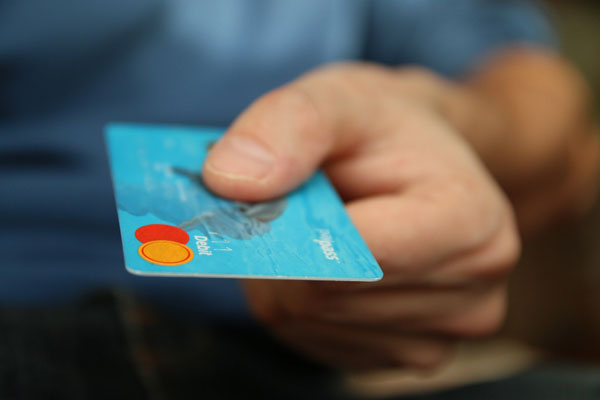
Apply for a credit builder loan
Credit builder loans serve to do as the name suggests, build up your credit. You deposit money into an account which is then reported to the consumer credit bureaus. The money is then returned to you after you have paid off the loan. Such loans are usually small and given by regional banks.
Make use of a co-signer feature
When getting a loan, a co-signer takes the responsibility of paying off the debt in case you can’t do it. This is a great way to prevent damaging your credit score in case you miss a debt payment or can’t afford to. Ask someone with a stable job and whom you can trust to be your co-signer. Your family members are also eligible to be your co-signers, making them a trustworthy and reliable option.

Final thoughts
Filing for bankruptcy is never easy, but it is sometimes necessary if you can no longer keep up with your debt payments. Unfortunately, this will leave a mark on your credit score for years to come. Rebuilding from scratch is possible, and we have covered some tips on how to do it.
Among the essential means to rebuild your credit after bankruptcy we mentioned was regaining control of your finances. Life after bankruptcy is unpredictable, and you don’t want to be caught unprepared for unexpected costs. Therefore, remember to start forming an emergency budget as soon as possible and to pay off your debts regularly. Find a stable job and consider what you can do without reducing your monthly spending. Good luck with your credit rebuilding!
The Law Firm of Freire & Gonzalez, P.A., is ready to guide you through bankruptcy and help you regain control of your finances and your life. If you have any questions, please contact us at 305-826-1774 and our locations:
Bankruptcy Lawyers Fort Myers, FL


